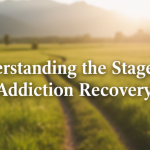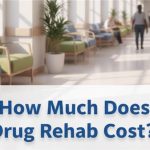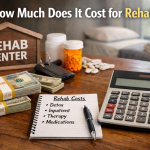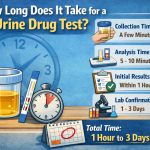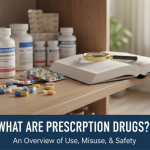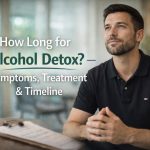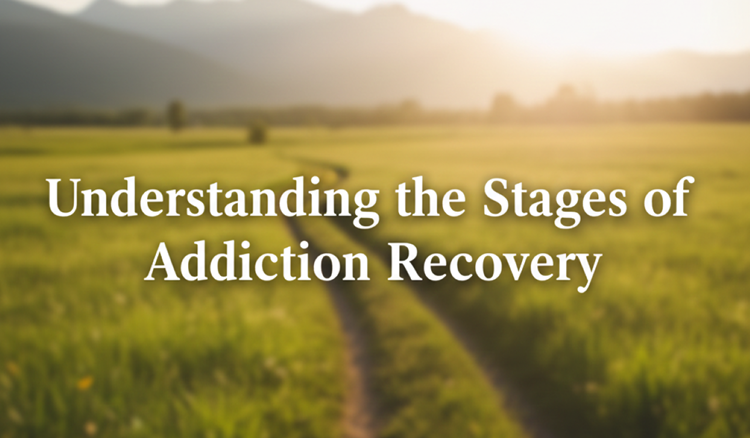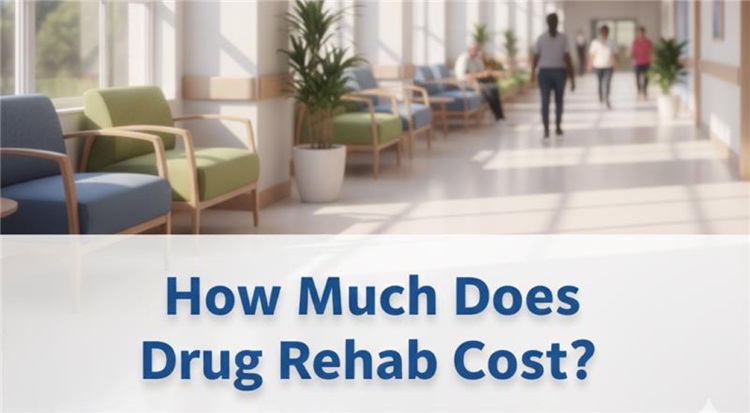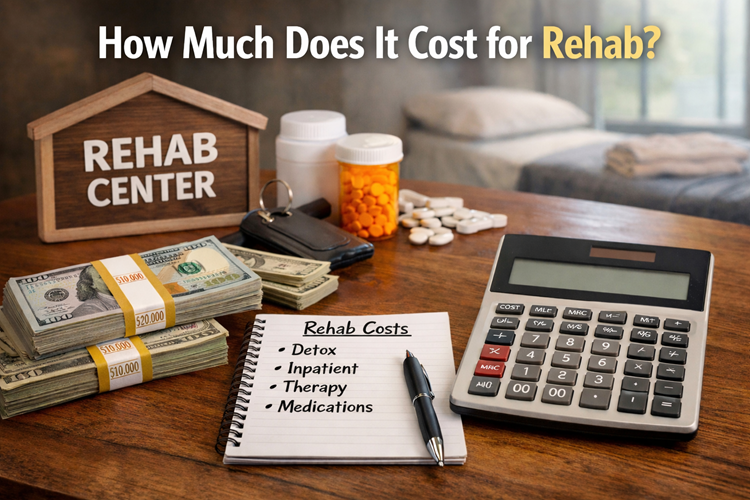Getting sober is a huge accomplishment, but what happens after rehab? That’s where aftercare comes in.
For many people, finishing drug rehab feels like winning a race. In reality, it’s just the start of a lifelong journey. The real challenge starts when rehab ends and individuals must navigate daily life without substances.
Aftercare provides ongoing support, structure, and resources to help people stay on track after leaving a treatment program. It connects a safe rehab setting with the unpredictability of real life, helping people adjust while staying sober.
Without a good aftercare plan, many people face triggers, stress, and a risk of relapse. However, with the right support, long-term recovery is possible.
Whether you’re in recovery yourself or supporting a loved one, understanding how aftercare works can make all the difference.
What Is Drug Rehab Aftercare?
Rehab offers a safe place for recovery. However, the real world has stress, triggers, and challenges. These can make it hard to stay sober.
Aftercare helps individuals navigate these challenges safely while reinforcing the skills they learned in treatment.
Common Types of Drug Rehab Aftercare
There are several different options for aftercare, including:
- Outpatient Therapy – Ongoing individual or group counseling that provides emotional support and relapse prevention strategies.
- 12-Step Programs and Support Groups – Meetings like Alcoholics Anonymous (AA) and Narcotics Anonymous (NA) offer support from peers. They help individuals in their recovery journey. SMART Recovery is another option that provides similar assistance.
- Sober Living Homes – Transitional housing provides a structured, drug-free environment for those needing extra stability.
- Relapse Prevention Programs – Educational workshops that teach how to identify triggers, manage stress, and develop healthy coping mechanisms.
9 Benefits of Drug Rehab Aftercare
Aftercare programs facilitate ongoing guidance, accountability, and support, helping individuals avoid relapse and build a fulfilling life in recovery.
Here’s how aftercare programs can make a difference:
1. Reduces the Risk of Relapse
The first few months after rehab are the most vulnerable period for relapse. Without a structured support system, it’s easy to fall back into old habits.
Aftercare programs offer counseling, peer support, and relapse prevention strategies to help individuals stay sober for the long term.
2. Offers Continued Emotional Support
Addiction recovery is not just about quitting substances—it’s also about learning to manage emotions healthily.
Isolation is a common trigger for relapse, but aftercare offers therapy and group support. This helps people process their feelings, lower stress, and avoid isolation.
3. Helps Rebuild Healthy Routines
Rehab provides a structured, drug-free environment, but life after rehab can feel overwhelming.
Aftercare helps individuals maintain structure in daily life by encouraging healthy eating habits, exercise and physical wellness, and mindfulness practices like meditation or journaling. These routines help strengthen self-discipline and promote overall well-being.
4. Strengthens Accountability & Responsibility
One benefit of aftercare is the built-in accountability system. Aftercare, whether through regular therapy check-ins, sponsor meetings, or peer support groups, keeps you motivated to stay on track.
5. Teaches Effective Coping Strategies
Life is full of stress, triggers, and unexpected challenges, but aftercare teaches practical coping mechanisms to handle them without resorting to substance use.
Therapy and relapse prevention programs help individuals:
- Recognize early warning signs of relapse
- Develop alternative coping methods (like deep breathing, exercise, or calling a support person)
- Handle difficult emotions without self-medicating
6. Supports Mental Health & Dual Diagnosis Treatment
Many of those struggling with addiction also deal with mental conditions like anxiety, depression, PTSD, or bipolar disorder.
Aftercare provides continued mental health treatment, therapy, and medication management to support long-term stability. Treating both addiction and mental disorders together reduces the risk of relapse.
7. Build a Strong Support Network
Recovery shouldn’t be done alone. Aftercare programs help individuals connect with sober peers, mentors, and support groups that create a sense of belonging. Having a community of people who understand addiction can greatly help in staying sober for a long time.
8. Improves Long-Term Recovery Success
Studies show that people in aftercare programs are more likely to stay sober. They have higher success rates than those who don’t participate.
Ongoing therapy, support, and positive reinforcement reduce the likelihood of relapse and help people stay focused on their recovery goals.
9. Provides Career & Life Skills Support
Recovery is about more than just staying sober—it’s about rebuilding a meaningful life.
Many aftercare programs offer:
- Job training and career development
- Education opportunities
- Financial literacy and life skills coaching
- This support helps individuals become independent, confident, and stable in their new, sober lifestyle.
The benefits of aftercare go beyond avoiding relapse.
They help individuals thrive in recovery, build meaningful relationships, and build a solid foundation for a fulfilling life.
How to Find the Right Drug Rehab Aftercare Program in Florida
Not all drug rehab aftercare programs are the same, and choosing the right one can significantly affect long-term recovery success.
Key Factors to Consider When Choosing an Aftercare Program:
- Type of Support Offered
- Does the program provide therapy, sober living options, peer support groups, or relapse prevention counseling?
- Different people need different levels of care.
- Flexibility
- Can the program be integrated into daily responsibilities like work, school, or family obligations?
- Some aftercare programs are highly structured, while others allow more independence.
- Level of Accountability
- Programs with regular drug testing, meetings, and check-ins can keep people on track.
- Mental health care is important.
- If someone has anxiety, depression, PTSD, or another mental health problem, they might need an aftercare program.
- This program should include dual diagnosis treatment.
Drug Rehab Aftercare in Florida With Solutions Healthcare
If you or someone you care about has finished rehab, don’t stop there. Aftercare is important. It can help prevent relapse and support a healthy, happy life.
Recovery isn’t just about quitting drugs—it’s about creating a stable, meaningful future.
At Solutions Healthcare, we offer comprehensive drug rehab aftercare programs to help individuals maintain long-term sobriety. If you need therapy, peer support, or sober living, we are here to help you through recovery.







